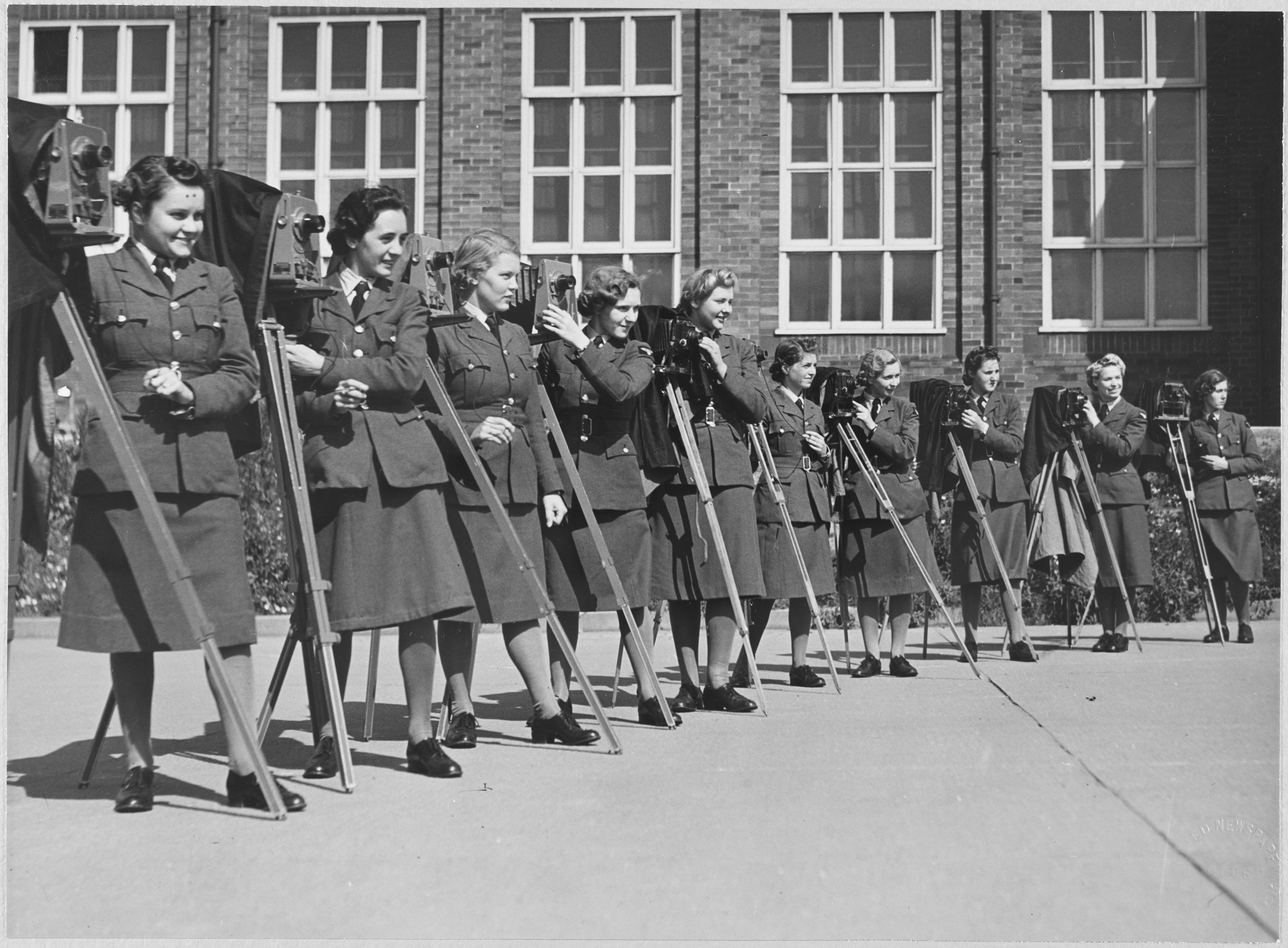Spectator on Cranford
Carla Carlisle reflects on the talent of Mrs Gaskell as she enjoys the BBC drama series, Cranford


I pleaded with Mr Holbrook not to go to Paris. 'Stay home,' I begged silently. Don t risk this journey just as your long wait for Miss Matty is over! My family hates my gloomy pessimism, but the moment Mr Holbrook said Paris , I saw ships tossed about in gale-force winds, runaway carriages. I didn't foresee pneumonia, but I can t say I was surprised. Nor did my fatal intuition foresee the sudden heart attack of Miss Matty s sister, Miss Deborah Jenkyns, but it had an eerie feeling. Twelve years after she wrote that scene in Cranford, Elizabeth Gaskell died like her formidable spinster: in mid-sentence, of a heart attack, aged 55.
If I sound like a Gaskell scholar, I confess that I m only a Gaskellian by association. My friend Katie is a member of the Gaskell Society. Every few years, she leaves her rural village in Vermont and makes a pilgrimage to Knutsford, the Cheshire town that is the template for Cranford. Katie knows exactly where Miss Harker's cow fell into a lime pit on the heath and lost its hair. She has stood where Elizabeth Cleghorn Stevenson married the Unitarian minister who would give her the respectable title of Mrs Gaskell (the Rev William Gaskell, at St John s parish church because Non-conformist churches weren t licensed for marriage) and she has wept where the writer is buried (Brook Street Unitarian Chapel).
Knutsford is a sacred site for Gaskellians because Cranford is so nearly a memoir. Elizabeth was born in 1810, her 40-year-old mother's eighth child in 13 years. When she was barely a year old, her mother died and she was sent to live with her mother s sister, Aunt Lumb. In letters, Elizabeth described the Cheshire village inhabited by '11 widows of respectability who kept house, besides spinsters innumerable'. Years later, the first line of her novel about village life was: In the first place, Cranford is in possession of the Amazons; all the holders of houses, above a certain rent, are women.
The BBC version of the Cranford stories, filmed in Lacock in Wiltshire, not Knuts-ford, makes one hanker after country life when folks stuck together and practised elegant economy and there was time to dwell on the rights and wrongs of life. But what saved Mrs Gaskell from the narrowness of insulated village life was her education. The daughter and later the wife of Unitarian ministers, her great luck was to be entwined in a Non-conformist world that believed in educating girls. From an early age, she was encouraged to read and write, and later, sent to boarding school where she developed a passion for history and a love of stories.
Her Unitarian upbringing also gave her a strong social conscience. Her first novel, Mary Barton, A Tale of Manchester Life, was one of the earliest novels to show the grime, despair and deathbeds of industrial Britain. A few years ago, I found a complete set of Mrs Gaskell, the eight-volume 'Knutsford' edition, in the Cambridge market for £50, which I bought for Katie s 40th birthday.
After Mr Holbrook died, I consoled myself with a trawl on www.abebooks.co.uk, in search of a set of my own. I found a set at Barter Books in Alnwick, Northumberland, price: £933.60. The run on the bank in Cranford has made me nervous, so I ve decided to settle for Penguin paperbacks. Not pessimism, but elegant economy.
Sign up for the Country Life Newsletter
Exquisite houses, the beauty of Nature, and how to get the most from your life, straight to your inbox.
Country Life is unlike any other magazine: the only glossy weekly on the newsstand and the only magazine that has been guest-edited by HRH The King not once, but twice. It is a celebration of modern rural life and all its diverse joys and pleasures — that was first published in Queen Victoria's Diamond Jubilee year. Our eclectic mixture of witty and informative content — from the most up-to-date property news and commentary and a coveted glimpse inside some of the UK's best houses and gardens, to gardening, the arts and interior design, written by experts in their field — still cannot be found in print or online, anywhere else.
-
 No Mr Bond, we expect you to buy: Sean Connery's former villa on the French Riviera could be yours
No Mr Bond, we expect you to buy: Sean Connery's former villa on the French Riviera could be yoursRoc Fleuri Villa 'must be Nice's most desirable home', according to the agents.
-
 Newly released photographs reveal pioneering role of women in wartime photography
Newly released photographs reveal pioneering role of women in wartime photographyTo mark the 80th anniversary of VE Day, Historic England has released a collection of photographs that spotlights women's role in the wartime photography industry.